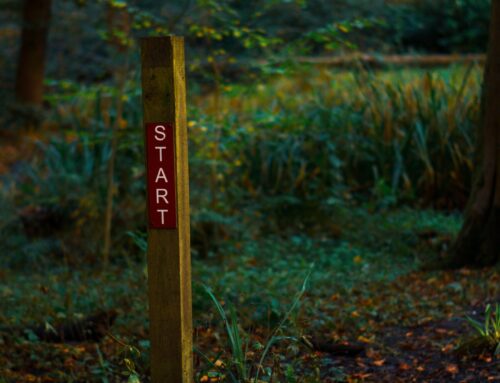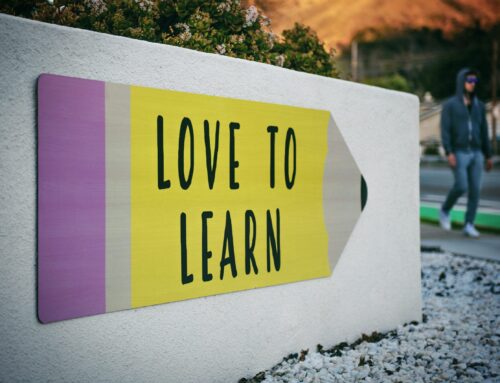7 Essential Lessons I learned in my first 2 years.
Consulting is such an amorphous word, and actually such an amorphous profession. It can mean anything. Yet we make a living from being consultants — essentially having some specialist services that we sell to other companies. Why do companies use us? One reason is that it is often easier and cheaper for our clients to get us to do the work, rather than hire expensive professionals to do the work inhouse, especially for services that are only needed occasionally — such as assessments, 360’s, engagement surveys, role profiling and change management.
It is common for Omnicor to hire consultants, and common that we hire interns, who become consultants. I wanted one of our consultants, Carli Myers, to describe what stood out for her, from her first years of becoming a consultant. Her blog below tells the story.
After completing my Industrial-Organisational Psychology Internship, I took a dive, head first, into the world of consulting. It was very daunting but totally exciting. Sure, I was nervous and doubtful as to what I could deliver, but I made a choice to be bold, curious and to immerse myself in all opportunities presented. I’m learning a lot every day, and I expect that this will continue to happen for as long as I continue to consult. Below are some of my key learnings that I’d like to share with you.
1. Be curious and open minded. Surprisingly something I did not consciously expect to happen was that with every task, activity, meeting, engagement and challenging conversation I had, I was adding to my bank of experience that I would later draw on to make more informed decisions. I have noticed that a lot of my growth happened because of my being open to absorbing and learning from all encounters. Always walk into every situation with curiosity and an open heart and mind.
2. Cross the bridge into your client’s world. You may become the expert in the tools you are using but remember that you are never the expert in your client’s life and business. You need to be careful of any preconceived ideas because a one size fits all approach can be dangerous and in fact quite harmful. It is through careful active listening and a strong presence of mind that you can cross the bridge into your client’s world, which allows you to be more equipped to challenge your client’s thinking and, together with your client, co-create meaningful solutions.
3. Ask lots of questions. Often clients are not aware of the root cause of their challenge. They may approach you with a perception of what they think is the origin of their struggle but upon careful questioning, you may reach a different conclusion. Asking questions also provides for opportunities to ensure alignment between your client’s expectations and your deliverables. This is crucial to the success of the project and the relationship. Asking questions further allows you to assess whether your service aligns to your client’s need.
4. Use your intuition and judgement. It is important to stick to the guidelines of best practice and hear what others have to say, however you are likely to find contradictory views. You need to consider the opinions of others but ultimately make a decision with which you are comfortable. After all, our ability to think, problem solve and apply our minds is what makes us desirable consultants.
5. Relationships are key. Build rapport with your clients that extends beyond the scope of their project. Give generously to your clients and always have their interests at heart. I have found that when one has a sincere engagement with one’s client, one’s passion and motivation to deliver excellent quality work is that much more present. Similarly, one’s client’s loyalty is enhanced which is likely to propel a deeper and lasting business relationship.
6. The importance of feedback. Be open to receiving feedback. Feedback is the only way we can gain added insight into our working style, our consulting brand, and our competence. Feedback is not a criticism but rather a powerful tool that we can use to be the best version of ourselves. It is also very valuable to seek feedback from your clients. Such feedback can be used and applied in order to continually enhance your offering.
7. Mistakes build wisdom. The mistakes we make are the best opportunities for growth that we have, so don’t beat yourself up when your efforts go pear-shaped. Embrace it, for it has something powerful to teach you.





